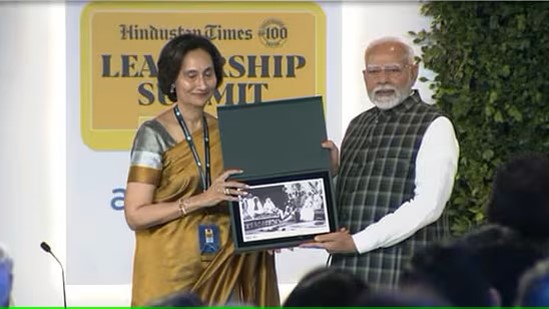In a significant setback for the West Bengal government, the Supreme Court has upheld the Calcutta High Court’s verdict invalidating the appointments of over 25,000 teachers and non-teaching staff in state-run and state-aided schools. The ruling, delivered on April 3, 2025, has sent shockwaves through the state’s education system, leaving thousands of employees uncertain about their future.
 The case stems from the 2016 recruitment drive conducted by the West Bengal School Service Commission (SSC), which aimed to fill 24,640 vacancies. However, investigations revealed that 25,753 appointment letters were issued, raising concerns over serious irregularities in the selection process. Allegations of OMR sheet tampering, rank-jumping, and manipulation in recruitment procedures were brought to light, leading the Calcutta High Court to annul the appointments in April 2024.
The case stems from the 2016 recruitment drive conducted by the West Bengal School Service Commission (SSC), which aimed to fill 24,640 vacancies. However, investigations revealed that 25,753 appointment letters were issued, raising concerns over serious irregularities in the selection process. Allegations of OMR sheet tampering, rank-jumping, and manipulation in recruitment procedures were brought to light, leading the Calcutta High Court to annul the appointments in April 2024.
A bench comprising Chief Justice Sanjiv Khanna and Justice Sanjay Kumar determined that the recruitment process was so fundamentally flawed that the appointments could not be allowed to stand. In its ruling, the Supreme Court reaffirmed that the selection process had been “vitiated and tainted” to the extent that it compromised the integrity of the appointments. As a result, the court ordered the termination of all individuals recruited under the disputed process.
Despite the harsh verdict, the Supreme Court provided some relief to those affected by ruling that the terminated employees would not be required to return the salaries or benefits they had received during their tenure. This decision acknowledges the distress faced by the individuals who had worked in good faith, many of whom had dedicated years to their roles without knowing that their appointments would later be challenged.
The ruling comes as a major blow to the West Bengal government, which had challenged the Calcutta High Court’s decision in the Supreme Court. The legal battle had stretched over several months, with hearings taking place between December 2024 and February 2025. The final judgment has now sealed the fate of thousands who had hoped for a reversal of the High Court’s ruling.
While the court’s decision is rooted in legal and procedural concerns, it has left thousands of families in distress. Many of the affected employees had built their lives around their jobs, relying on their positions for financial stability. The sudden termination has created uncertainty for these individuals, who must now seek alternative employment opportunities in an already competitive job market.
The Central Bureau of Investigation (CBI), which had been authorized to probe the recruitment scandal in May 2024, will continue its investigations. The ongoing inquiry could lead to further legal actions against those responsible for the alleged manipulations in the recruitment process.
As the state government and affected employees grapple with the fallout of this ruling, there is growing concern about the broader implications for West Bengal’s education system. The abrupt removal of such a large number of teachers and staff raises questions about how schools will manage without adequate personnel. For students, this decision could mean disruptions in their academic schedules and uncertainty regarding the future of their education.
The ruling has also sparked debates about the need for stricter oversight and transparency in government recruitment processes. Ensuring that future selection processes are fair and free of corruption will be crucial to restoring faith in the system and preventing similar crises from occurring in the future.
For now, thousands of terminated employees face an uncertain path ahead, hoping that the state government or judiciary might consider alternate measures to help them reintegrate into the workforce. Whether through fresh recruitment drives or compensation packages, the coming months will be critical in determining how West Bengal moves forward from this controversy.
This version presents the news with a more human-centered approach, acknowledging the hardships faced by those affected while maintaining the integrity of the legal ruling. Let me know if you’d like any further refinements.




